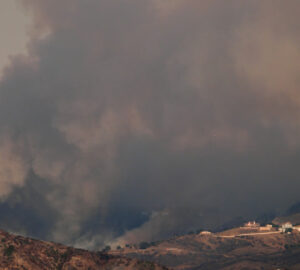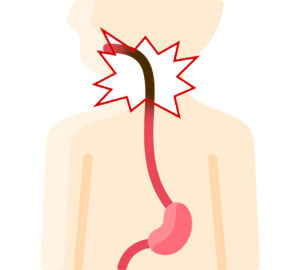
Growing coffee continues to be an uphill struggle: artificially low prices, climate change, roya, draught, natural disasters. So many things have to go right—or rather, not go wrong—year after year for a crop to be successful. But there is a cost not always considered when thinking of coffee production, the human cost. A new study exploring the effects of coffee cultivation in Uganda finds that it contributes to “malaria vulnerability, decreased participation in schooling, gender inequalities, and environmental degradation.”
As reported by Lehigh University, the study was performed by associate professor of sociology Kelly Austin, who spent nearly a year exploring “unequal exchange” in Bududa, Uganda, “Africa’s second leading coffee exporter following Ethiopia.” Austin spent 11 months interviewing Bududa residents aged 30 to 76 who had been a part of coffee production, and her finds are rather astounding.
Austin’s research also found that the increased labor requirements led to lower rates of education in children. During harvest, children are pulled from school to help with the additional workload and those who don’t attend school “sneak into the coffee gardens and steal the coffee.”
Coffee also leads to gender inequalities, Austin’s study finds. “Women principally grow, water, harvest and carry the coffee, but only the men are involved in the selling,” leading to women “rarely, if ever, [seeing] any profits from their time growing and harvesting coffee.” This dovetails with many of the findings of phase one of the CQI’s Partnership for Gender Equity Report, released in late 2015.
As Austin’s research shows, there can be a dark side to the world’s favorite beverage. And it is ugly. Expect the findings of this study to be one of many topic disucssed at the 2018 African Fine Coffees Association (AFCA) conference, taking place next February in Kampala, Uganda. Much of it is not new or relegated to just Uganda. How do we as coffee drinkers reconcile our love of coffee and our desire to support ethical practices with the fact that there are many ugly practices that we may never know about? It’s not an easy question and it is one I don’t have an answer for. But hopefully research like Austin’s help shed a light on it and leads to change.
Zac Cadwalader is the news editor at Sprudge Media Network and a staff writer based in Dallas. Read more Zac Cadwalader on Sprudge.
*top image via Lehigh
































